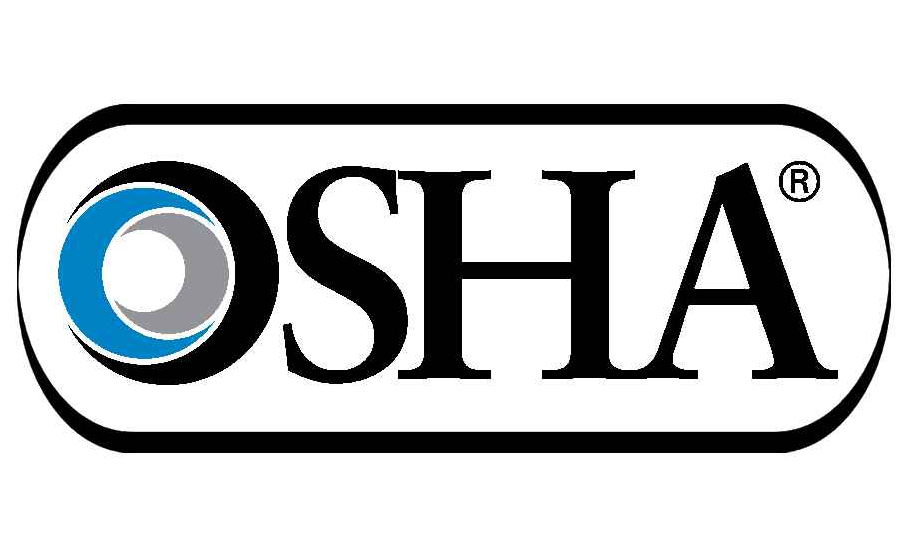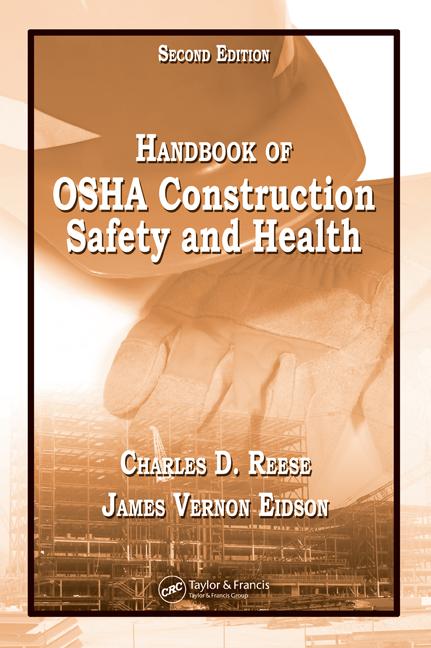The man likely to become the next head of OSHA will first have to face a Senate review process – and safety advocacy groups like National Council for Occupational Safety and Health (National COSH) have some ideas about the topics that should be covered during those sessions.
Scott Mugno, vice president for safety, sustainability and vehicle maintenance at FedEx Ground in Pittsburgh, Pa.. has been nominated by President Trump to lead the agency.
National COSH has identified several critical issues that Mugno should be asked to address during his hearing.
- “Industry groups have urged Congress to block a new OSHA standard limiting exposure to silica, a deadly dust that is present in workplaces with millions of American workers. The standard was issued after years of careful research, with thousands of pages of testimony from scientists and labor and industry stakeholders and is expected to save up to 700 lives a year. What is Mr. Mugno's view of this life-saving regulation?
- “After disasters such as the World Trade Center in 2001 and Hurricane Katrina in 2005, tens of thousands of workers were killed, became sick or were injured as a result of exposure to hazardous conditions and/or toxic substances during clean up efforts. What are Mr. Mugno's ideas on how OSHA can prevent these safety failures from being repeated during ongoing recovery efforts from Hurricanes Harvey, Irma and Maria?
- “In January, OSHA began a rulemaking process to create a standard for workplace violence prevention for health care and social service workers. Data from the U.S. Bureau of Labor Statistics shows that workplace violence for these workers increased by 64 percent between 2004 and 2015. What are Mr. Mugno's plans for supporting this critical effort to assist health care and social service workers and employers in making their workplaces safer?”
National COSH co-executive director Marcy Goldstein-Gelb said: “We look forward to hearing from Mr. Mugno about how he will listen to workers' concerns, enforce the law, and make our workplaces safer."



